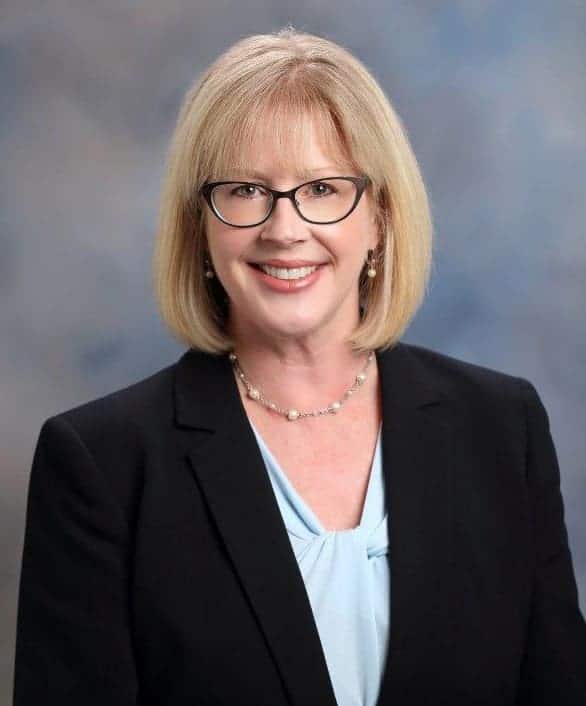 When you think about divorce, you may have a picture in your mind of two people fighting it out in a courtroom exchanging angry words and disagreeing about everything. Divorce mediation is an alternative to the adversarial atmosphere of a litigated divorce. It is typically required for couples seeking a divorce, and almost always required for couples with children.
When you think about divorce, you may have a picture in your mind of two people fighting it out in a courtroom exchanging angry words and disagreeing about everything. Divorce mediation is an alternative to the adversarial atmosphere of a litigated divorce. It is typically required for couples seeking a divorce, and almost always required for couples with children.
How does divorce mediation work?
A divorce mediator is a trained professional who serves as a neutral third-party whose role is to facilitate dialogue between the two parties in an effort to resolve their differences and settle their divorce without having a trial. Tennessee Supreme Court Rule 31 governs the divorce mediation process.
The mediator does not give legal advice, does not advocate for either party, and does not force either part to accept or reject any aspect of the agreement. The mediator simply facilitates the negotiations. He or she guides the parties toward their own solutions to the challenges before them.
What to expect during divorce mediation
Every mediator has his or her own process for how to facilitate a divorce mediation. Your mediation may be held in a conference room or a large, private office. You will usually be seated at a table in a room with your attorney, and your spouse and his/her attorney will usually be seated in another room. The mediator will go back and forth between the rooms. This is sometimes referred to as “shuttle diplomacy.” Being in separate rooms allows the spouses to speak freely and even “vent” their frustrations without being counter-productive to the entire process. The mediator will likely explain the goals of the mediation, and will also explain the mediator’s role as opposed to the attorneys’ roles, and will meet with you, find out what your position is, what your goals are in the mediation, and then do the same for the other party.
Mediators are bound to keep whatever transpires throughout the mediation completely confidential. If the mediation should come to an impasse and no settlement is reached, nothing that was discussed in mediation will be mentioned in court or in any of the divorce records.
Do I have to have a lawyer attend mediation with me?
No. However, it is preferable to have a lawyer attend mediation with you, because the mediator does not give legal advice. And, although not always required (depending on the mediator), having your legal counsel present to assist you in making decisions that could impact you for the rest of your life is not only wise… it will help you to feel empowered by reaching a reasonable resolution of your divorce given your circumstances and the laws affecting them. Your lawyer will prepare the Marital Dissolution Agreement and prepare the legal filings that will be submitted to the Court once the mediation process is complete.
If you can attend the mediation with an open mind and a willingness to compromise, you will be much more likely to settle your case without going to trial than if each party digs in their proverbial heels and stubbornly insists that the other party give in to their demands. Compromise typically results in both parties feeling like they didn’t get everything they wanted out of the process, but rather something they can live with, regardless.
Finalizing the agreement
When the mediation is complete, one of the attorneys will draft the Marital Dissolution Agreement (“MDA”) which, if there are children involved, includes a Permanent Parenting Plan. These documents will be filed with the court along with a Final Decree of Divorce for final approval by the Court.
If you are thinking about divorce or have questions about how mediation fits in to the divorce process in Tennessee, we invite you to schedule an in-person or video consultation with an experienced Nashville divorce attorney from Miller Upshaw Family Law, PLLC. We encourage you to call 615-391-4200 or use our contact form to reserve an in-person or video consultation with our skilled family law team today.

Karla C. Miller has devoted her entire career to the practice of family law in Tennessee. She attended Auburn University and Nashville School of Law, and upon graduation in 1996, she opened her own law firm and has been assisting families throughout Tennessee since then. Learn more about Karla C. Miller here.




